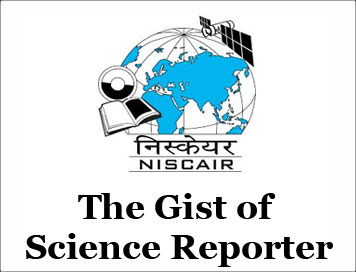(GIST OF SCIENCE REPORTER) 2nd ROCKET LAUNCH PORT OF ISRO
(GIST OF SCIENCE REPORTER) 2nd ROCKET LAUNCH PORT OF ISRO
(APRIL-2024)
2nd ROCKET LAUNCH PORT OF ISRO
-
ISRO Chairman S Somanath informed recently that it may take up to two years for the completion of the construction at the site.
Key details
-
The new facility could permit anywhere between 20 to 30 SSLV launches, annually.
-
Recently, Prime Minister laid the foundation stone of Indian Space Research Organization’s (ISRO) second rocket launchport in Kulasekarapattinam.
-
The facility, which costs Rs 986 crore, is located in the Thoothukudi district of coastal Tamil Nadu at a strategically excellent location. In the future, it will be widely and solely utilized for small-scale, on-demand, commercial satellite launches.
Need of new launchport:
-
Increased Launch Traffic: With India’s space sector now welcoming private companies, a significant increase in commercial launches is anticipated. To manage this growing volume of activity, building a new launchpad becomes essential.
-
Sharing the Load: ISRO’s current launch complex, The Satish Dhawan Space Centre (SDSC) at Sriharikota Range (SHAR), could become overloaded if it’s expected to handle both large-scale missions and smaller satellite launches. A new facility dedicated to smaller payloads would help distribute the workload and ensure efficient operations.
-
Encourages private investment, fostering innovation and competition in the space sector.
India’s Journey of SSLV
-
SSLV-D1 faced failure in August 2022, delivering two satellites.
-
In February 2023, SSLV-D2 achieved success when it launched three satellites from SHAR into a 450 km circular orbit, completing the trip in 15 minutes.
-
The Satish Dhawan Space Centre (SHAR) in Sriharikota, Andhra Pradesh, was the launchpad for both SSLV missions.
CLICK HERE TO DOWNLOAD FULL PDF
CLICK HERE TO DOWNLOAD UPSC E-BOOKS
Study Material for UPSC General Studies Pre Cum Mains
Get The Gist 1 Year Subscription Online
Click Here to Download More Free Sample Material
<<Go Back To Main Page
Courtesy: Science Reporter



